The Future of Marine Fisheries in the African Blue Economy: Challenges and opportunities
The African Natural Resources Centre, in collaboration with the Agriculture and Agro-Industry Department, will host a webinar on 10 May 2022 to present the findings of a study on "The Future of Marine Fisheries in the African Blue Economy: Challenges and Opportunities".
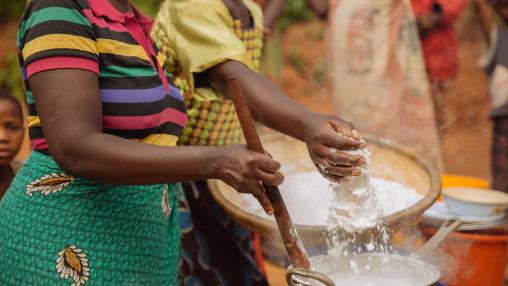
Russia’s invasion of Ukraine threatens food security in Malawi. How can the country respond?
Food insecurity is endemic in Malawi, affecting up to 38% of the population every year in the run-up to the harvest in April. Although geographically distant, there are multiple channels through which Russia’s invasion of Ukraine can make matters worse this year.
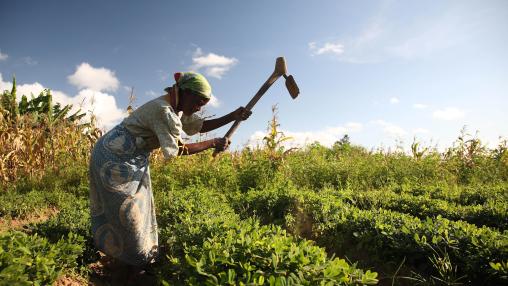
Rising Food Insecurity in Malawi
Malawi’s food system has likely deteriorated since 2010-2011, according to a new report from IFPRI’s Malawi Strategy Support Program (MSSP). Severe drought and rising food prices have been the largest contributors to rising food insecurity.
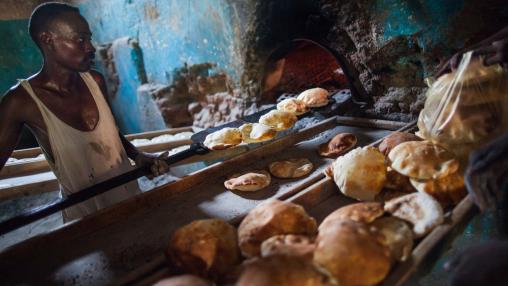
The Russia-Ukraine conflict is likely to compound Sudan’s existing food security problems
Russia's invasion of Ukraine has disrupted agricultural production and trade from one of the world's major food exporting regions. The war threatens to drive rising food prices still higher and create scarcity, especially for regions most dependent on wheat and other exports from Russia and Ukraine—particularly the Middle East and North Africa.
Climate-smart digital technologies for agriculture and food security (CSDAT) of the Africa Adaptation Acceleration Program: New frontiers for the food system
Le Programme d'accélération de l'adaptation en Afrique organise un webinaire intitulé : « Technologies numériques intelligentes face au climat pour l'agriculture et la sécurité alimentaire (CSDAT) : Nouvelles frontières pour le système alimentaire » le mardi 12 avril 2022, de 9h à 10h30 (GMT).
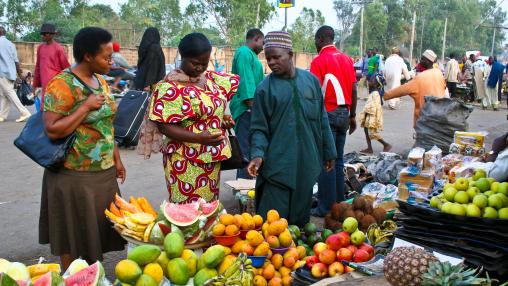
West Africa faces mixed food security impacts from the Russia-Ukraine conflict
Food security in West Africa has been deteriorating since 2015: The proportion of the population affected by undernutrition rose from 11.5% in 2015 to 18.7% in 2020, a total of 75.2 million people. Now, like the rest of the world, the region faces rapidly growing impacts from Russia’s war in Ukraine, including spiking food prices and disruptions in markets for cereals and other commodities, including fertilizers and fuels. What are some of the war’s likely effects on West Africa?
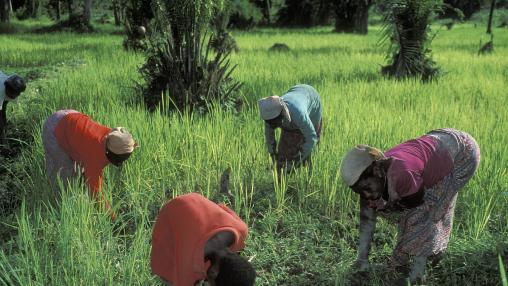
Contract Farming and Environmental Protection: Evidence from Ghana
Over the past three decades, contract farming has grown in popularity with policymakers and development practitioners throughout low- and middle-income countries. Under contract farming schemes, farmers and buyers enter into preharvest agreements regarding the production and sale of agricultural goods. Farmers are thus assured they will have a buyer for their product, and traders and retailers are guaranteed a supply of saleable goods.
Retail food prices at the country level and implications for food security
This policy seminar will explore what we know—and do not know—about how high global agricultural commodity prices and country-specific factors affect retail prices at the national level. Special attention will be given to countries suffering from acute food insecurity and those with a high dependence on imports.
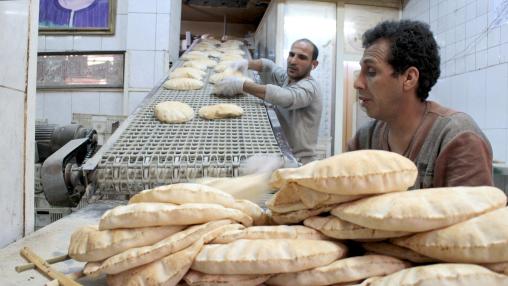
The Russia-Ukraine crisis poses a serious food security threat for Egypt
Russia's invasion of Ukraine has imperiled global food security—creating suffering within Ukraine and displacing millions, while disrupting agricultural production and trade from one of the world's major exporting regions. The latter threatens to drive rising food prices still higher and create scarcity, especially for regions most dependent on exports from Russia and Ukraine—particularly the Middle East and North Africa.
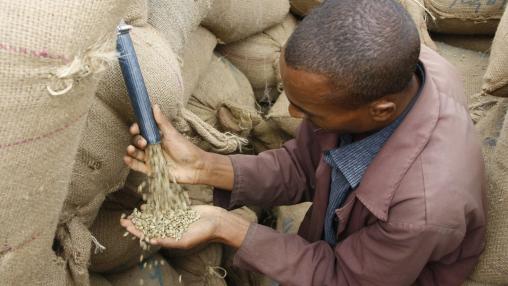
Recipes for Success: A Policy Guide to African Food Systems Transformation
Africa’s trajectory to emergence and self-sufficiency has seen significant progress in achieving global and continental milestones such as the Sustainable Development Goals (SDGs) and the Malabo Declaration. However, food security and improved nutrition remain a challenge, and current trends suggest that the continent is not on track to achieve Zero Hunger (SDG 2) by 2030. Evidence suggests that one in five people faced hunger in Africa in 2020 – more than double the proportion of any other region.